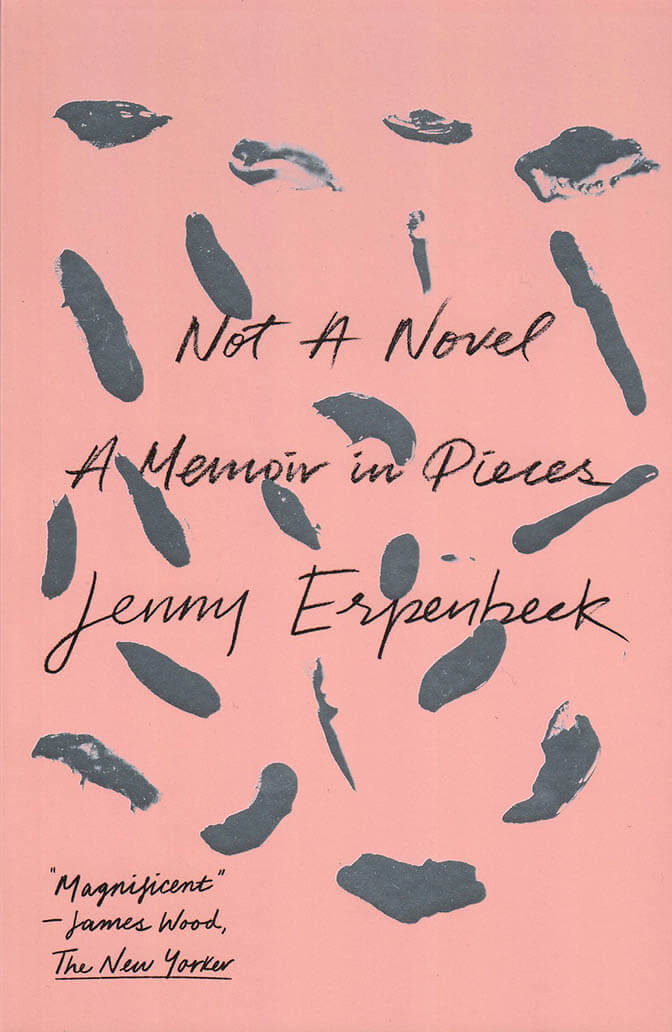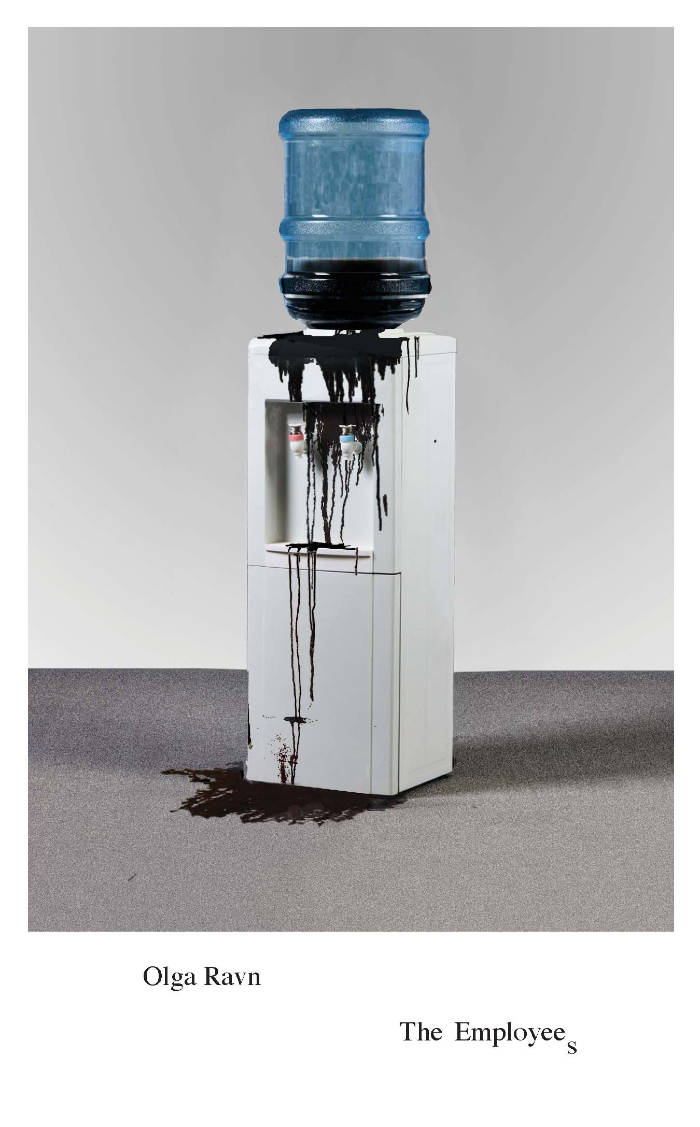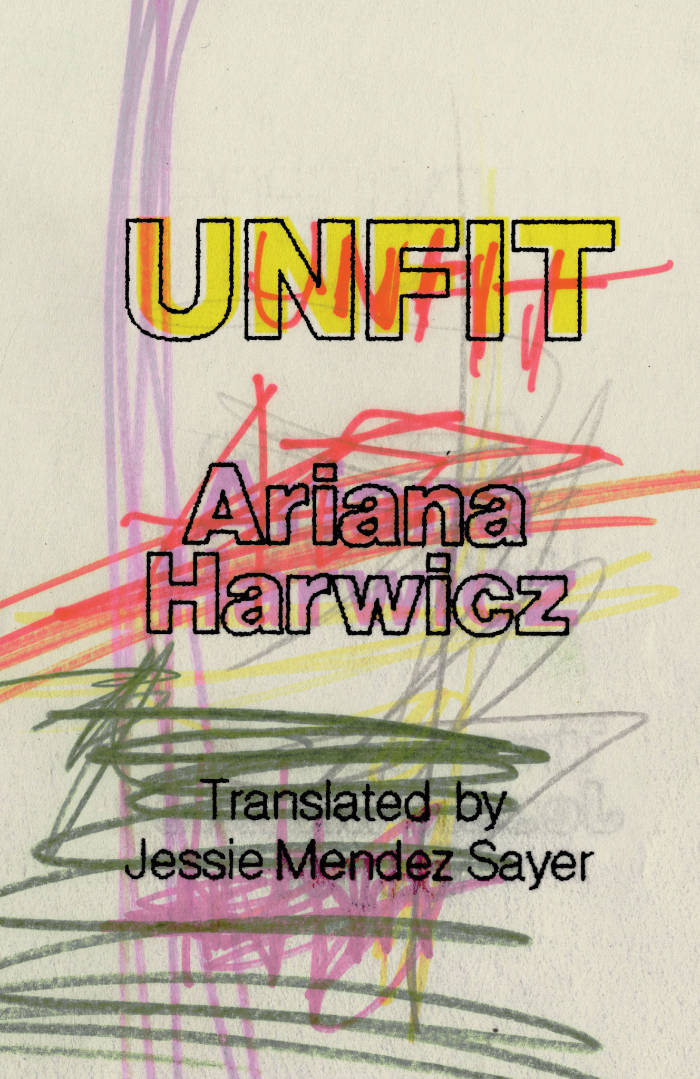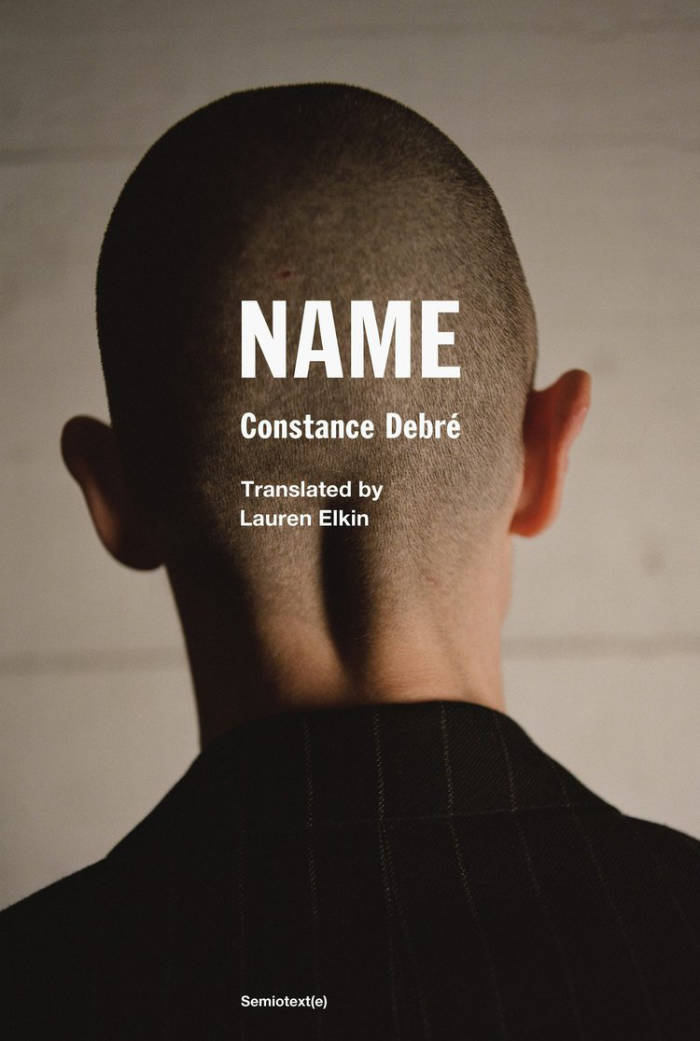
Not A Novel
Jenny Erpenbeck's highly acclaimed novel Go, Went, Gone was a New York Times notable book and launched one of Germany's most admired writers into the American spotlight. In the New Yorker, James Wood wrote: "When Erpenbeck wins the Nobel Prize in a few years, I suspect that this novel will be cited."
On the heels of this literary breakthrough comes Not a Novel, a book of personal, profound, often humorous meditations and reflections. Erpenbeck writes, "With this collection of texts, I am looking back for the first time at many years of my life, at the thoughts that filled my life from day to day."
Starting with her childhood days in East Berlin ("I start with my life as a schoolgirl ... my own conscious life begins at the same time as the socialist life of Leipziger Strasse"), Not a Novel provides a glimpse of growing up in the GDR and of what it was like to be twenty-two when the wall collapsed; it takes us through Erpenbeck's early adult years, working in a bakery after immersing herself in the worlds of music, theater, and opera, and ultimately discovering her path as a writer.
There are lively essays about her literary influences (Thomas Bernhard, the Brothers Grimm, Kafka, and Thomas Mann), unforgettable reflections on the forces at work in her novels (including history, silence, and time), and scathing commentaries on the dire situation of America and Europe today. "Why do we still hear laments for the Germans who died attempting to flee over the wall, but almost none for the countless refugees who have drowned in the Mediterranean in recent years, turning the sea into a giant grave?" With deep insight and warm intelligence, Jenny Erpenbeck provides us with a collection of unforgettable essays that take us into the heart and mind of "one of the finest and most exciting writers alive"
Published September 2020.
Language: English







